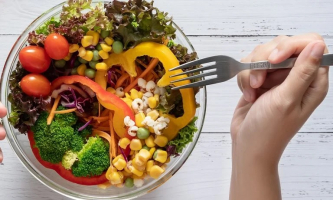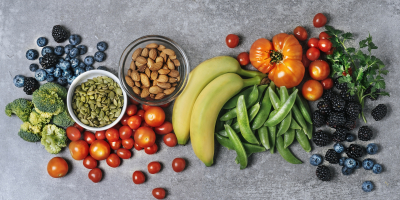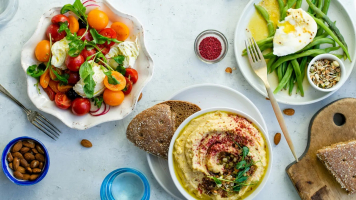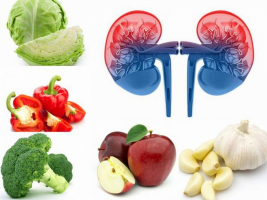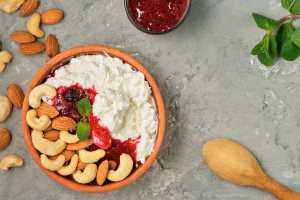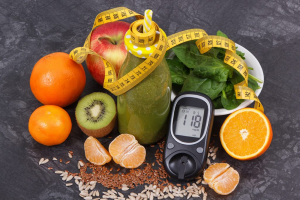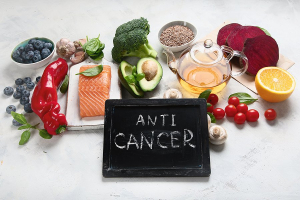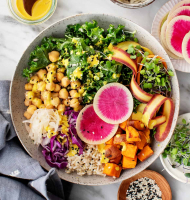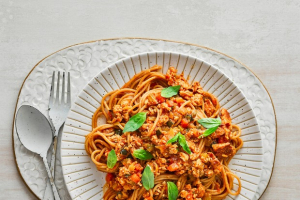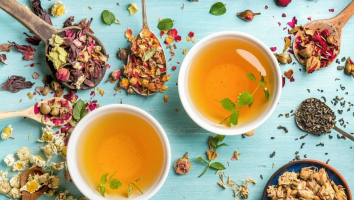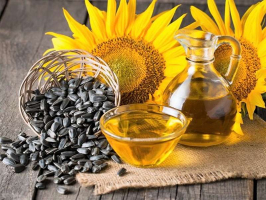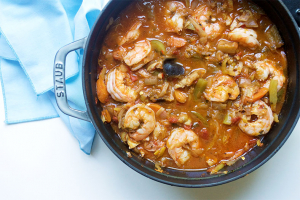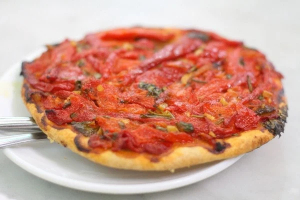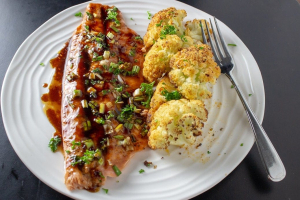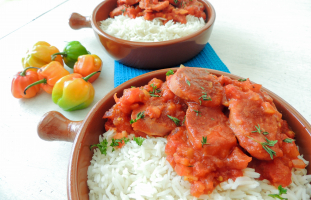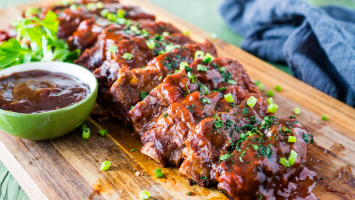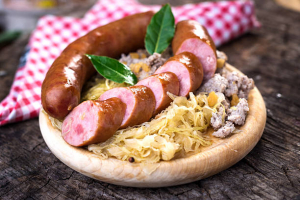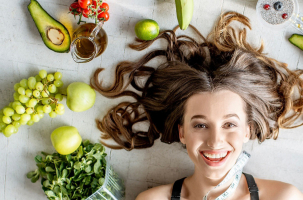Top 10 Best Foods for People with Breast Cancer
Breast cancer is the most frequent cancer in women, impacting 1 in every 8 women in the United States during their lives. Other eating patterns, such as the ... read more...Mediterranean diet, have been associated with a lower risk of breast cancer in studies. Furthermore, certain foods may help reduce your risk of breast cancer. Below are some of the Best Foods for People with Breast Cancer that you can refer to!
-
Leafy green foods such as kale, arugula, spinach, mustard greens, and chard may have anticancer properties. Carotenoid antioxidants found in leafy green vegetables, such as beta carotene, lutein, and zeaxanthin, have been linked to a lower risk of breast cancer. Women with greater levels of carotenoids had a considerably decreased risk of breast cancer than women with lower levels, according to an analysis of eight research involving over 7,000 people.
Follow-up research of over 32,000 women found that higher blood levels of total carotenoids were linked to an 18–28% lower risk of breast cancer, as well as a lower chance of recurrence and death in those who had previously been diagnosed with breast cancer. Furthermore, evidence suggests that consuming a lot of folates, a B vitamin found in green leafy vegetables, might help prevent breast cancer.
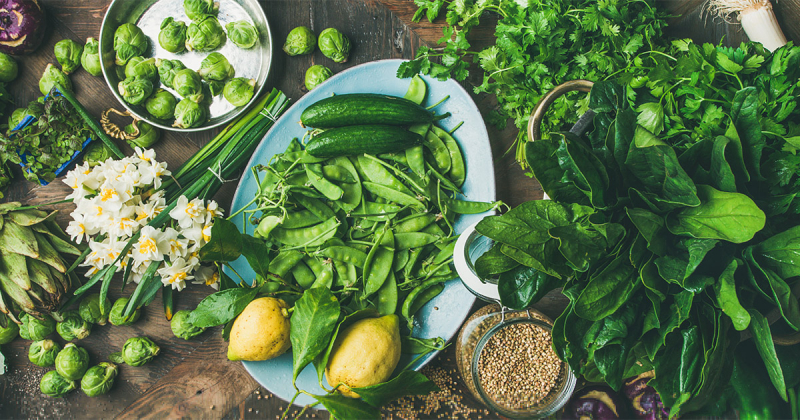
Leafy green vegetables 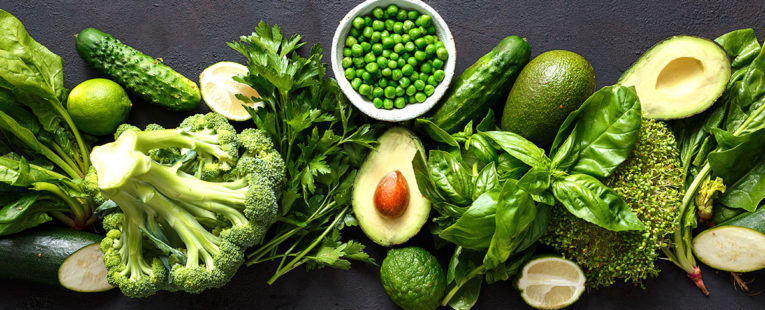
Leafy green vegetables -
Oranges, grapefruits, lemons, limes, and tangerines are examples of citrus fruits. They have a long list of health benefits, from boosting immunity to fighting cancer. Oranges, one of the most popular fruits in the United States and the most popular citrus fruit, may provide antioxidants and other cancer-fighting benefits.
Citrus fruits are high in folate, vitamin C, and carotenoids like beta-cryptoxanthin and beta carotene, as well as flavonoid antioxidants like quercetin, hesperetin, and naringenin, all of which may help prevent breast cancer. Antioxidant, anticancer, and anti-inflammatory properties are provided by these nutrients. Citrus fruit has been linked to a lower risk of many cancers, including breast cancer, according to research. Citrus consumption was associated with a 10% decrease in breast cancer risk in a study of six studies including over 8,000 people.
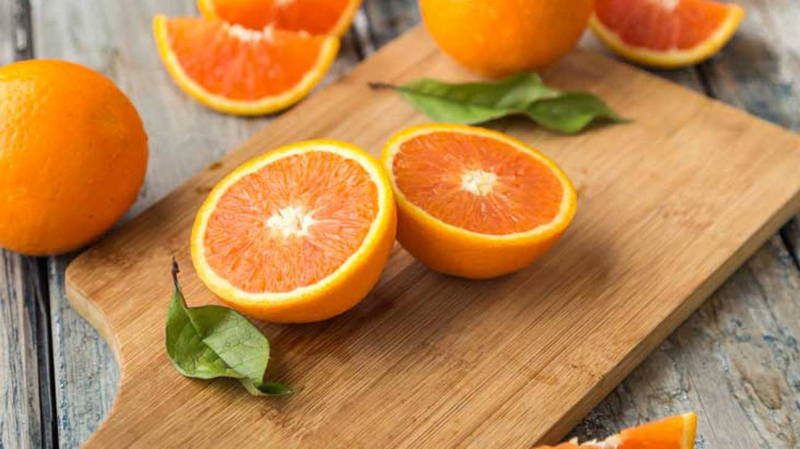
Citrus fruits 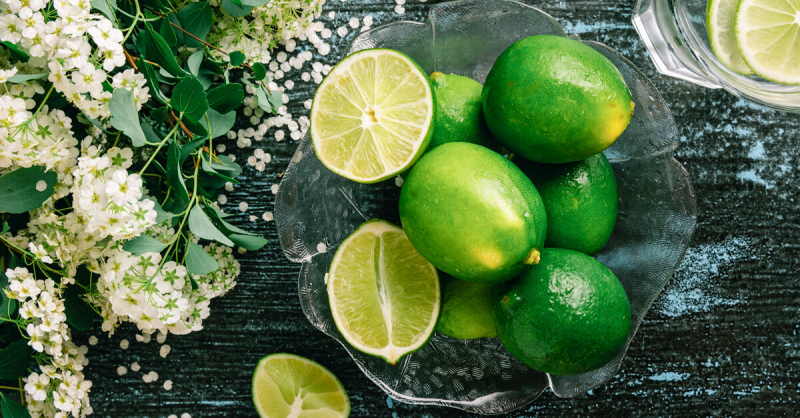
Citrus fruits -
Salmon, sardines, and mackerel are examples of fatty fish with outstanding health benefits. Their omega-3 fats, selenium, and antioxidants like canthaxanthin may protect against cancer.
According to some research, eating fatty fish reduces your risk of breast cancer. According to a major study of 26 research involving 883,000 people, those who ate the most seafood sources of omega-3s had a 14% lower risk of breast cancer than those who ate the least. Other studies have come to similar conclusions. High consumption of fatty fish is associated with a lower risk of breast cancer, and fish consumption of omega-3 fatty acids is related to a lower risk of postmenopausal breast cancer. So eat more fatty fish and fewer refined oils and processed foods to balance your omega-3 to omega-6 ratio to get away from your breast cancer risk!
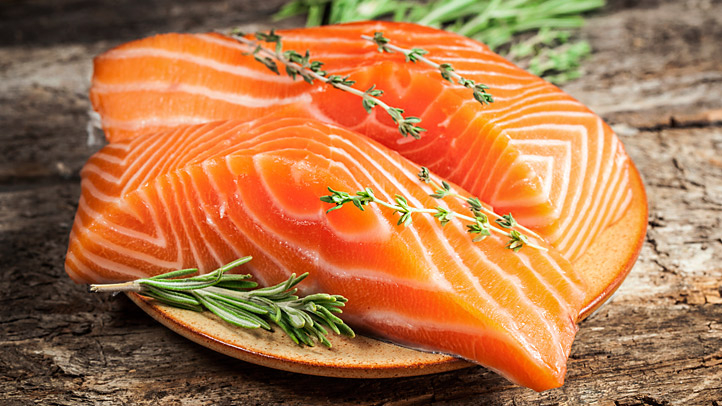
Fatty fish 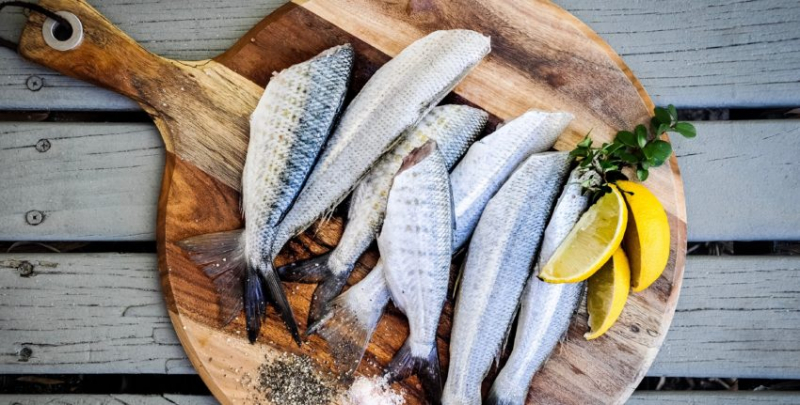
Fatty fish -
Consuming berries on a regular basis may help reduce your risk of certain cancers, including breast cancer. Antioxidants found in berries, such as flavonoids and anthocyanins, have been demonstrated to protect against cellular damage as well as cancer cell formation and spread. A research of 75,929 women found that eating more berries, especially blueberries, was linked to a lower risk of estrogen receptor-negative (ER) breast cancer.
Blueberries are one of the most well-known antioxidant-rich fruit. If you have or have had breast cancer, it is recommended that you include blueberries in your diet as much as possible. Blueberries are also known as "brain food". Add them to your yogurt or cereal in the morning, a low-fat smoothie, or an oatmeal blueberry muffin. Make a nutritious, homemade sorbet or a sugar-free jam or fruit spread. Berries are also a great poppable on-the-go snack!
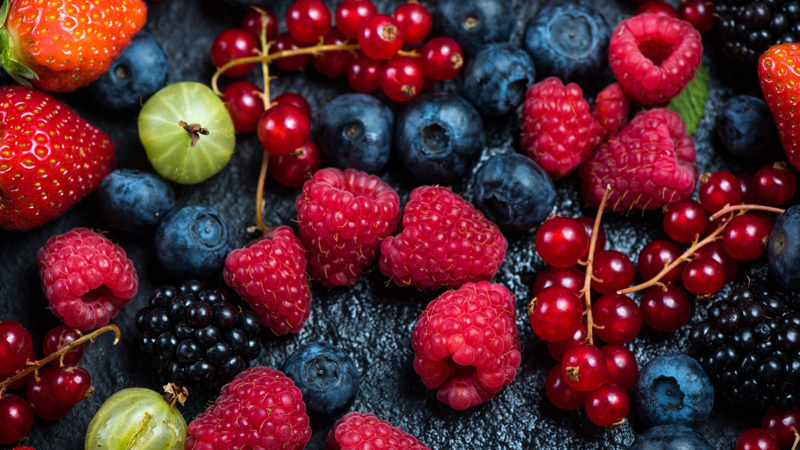
Berries 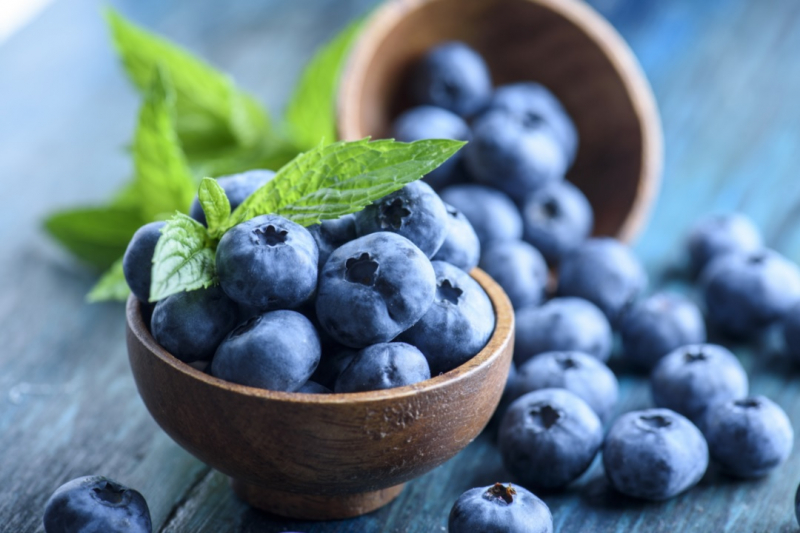
Berries -
Probiotics are one part of the puzzle when it comes to cancer. Fermented foods such as yogurt, kefir, kombucha, and cultured vegetables should be included in everyone's diet, regardless of gender. Probiotics and other nutrients found in fermented foods like yogurt, kimchi, miso, and sauerkraut may help protect against breast cancer.
Fermented foods are high in probiotics, which are live “healthy” bacteria and yeasts. Probiotics are also good for your digestion. In some epidemiological research, probiotics and fermented food containing lactic acid bacteria were linked to a lower risk of breast cancer. In both Western and Asian populations, an analysis of 27 research linked fermented dairy products like yogurt and kefir to a lower risk of breast cancer. According to animal studies, this protective effect is linked to the immune-boosting properties of certain probiotics.
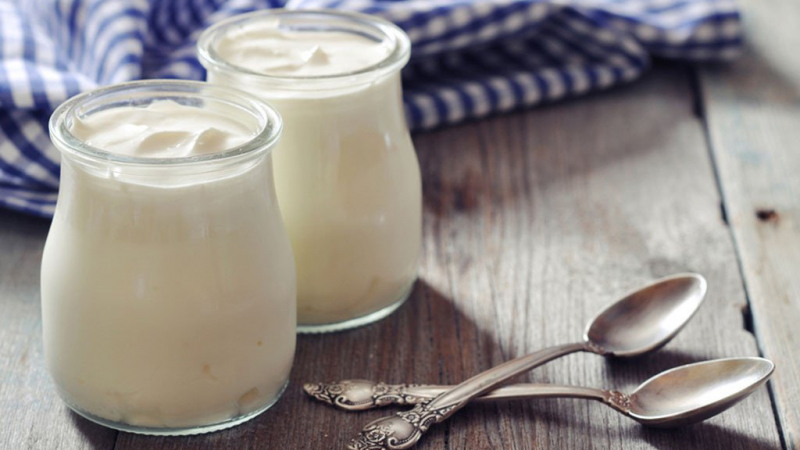
Fermented foods 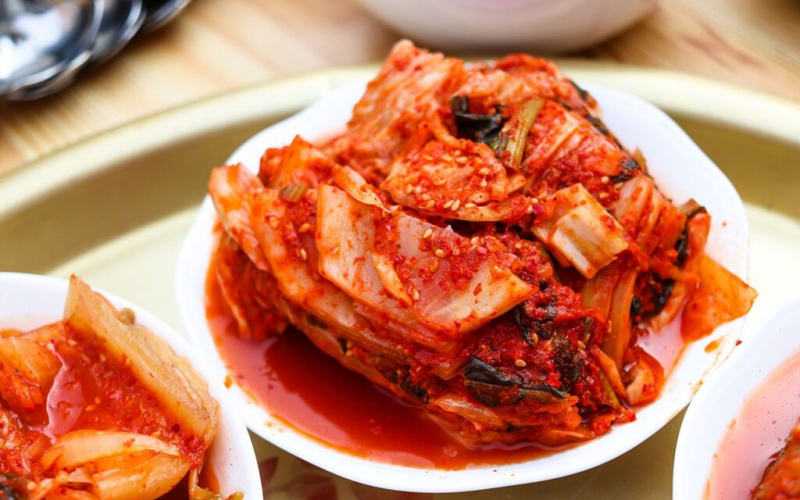
Fermented foods -
Several observational studies show that eating vegetables from the allium family can help reduce the risk of certain cancers. Allium vegetables, such as onion and garlic, may help to lower the risk of stomach cancer and colorectal cancer. Garlic may also help to reduce the risk of cancers of the breast, prostate, lung, gastric, esophageal, and liver. While onions can help with hyperglycemia (high blood sugar) and insulin resistance in breast cancer patients, they may have no effect on prostate cancer risk, and cooked onions may actually increase breast cancer risk.
Allium vegetables such as garlic, onions, and leeks provide a variety of nutrients such as organosulfur compounds, flavonoid antioxidants, and vitamin C. These might be effective anti-cancer medications. A study of 660 women in Puerto Rico found that eating a lot of garlic and onions lowered the risk of breast cancer. A study of 285 women discovered that eating a lot of garlic and leek can help prevent breast cancer.
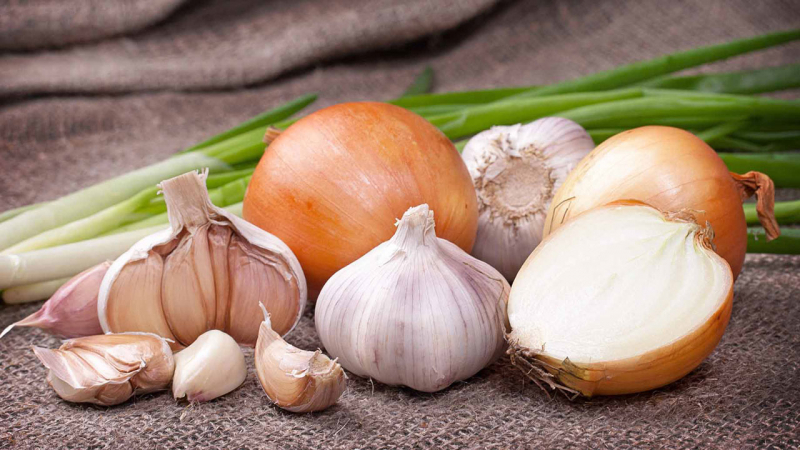
Allium vegetables 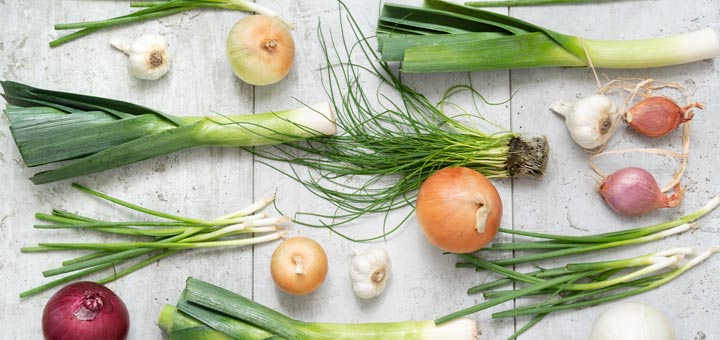
Allium vegetables -
Peaches, apples, and pears, in particular, have been demonstrated to protect against breast cancer. A study of 75,929 women found that those who ate at least two servings of peaches per week had a 41% lower chance of having ER– breast cancer. Peach polyphenol antioxidants were found to inhibit the development and spread of a breast cancer cell line in a test tube study. Furthermore, research including 272,098 women found that eating apples and pears reduced the risk of breast cancer.
Scientists have discovered that eating two or three peaches each day can help prevent breast cancer. The peach compounds, according to Dr. Giuliana Noratto, a food scientist at Washington State University, might supplement therapies that reduce the chance of metastasis in breast and other forms of cancer. The compounds might be taken as fresh peaches or as a dietary supplement in the form of an extract.
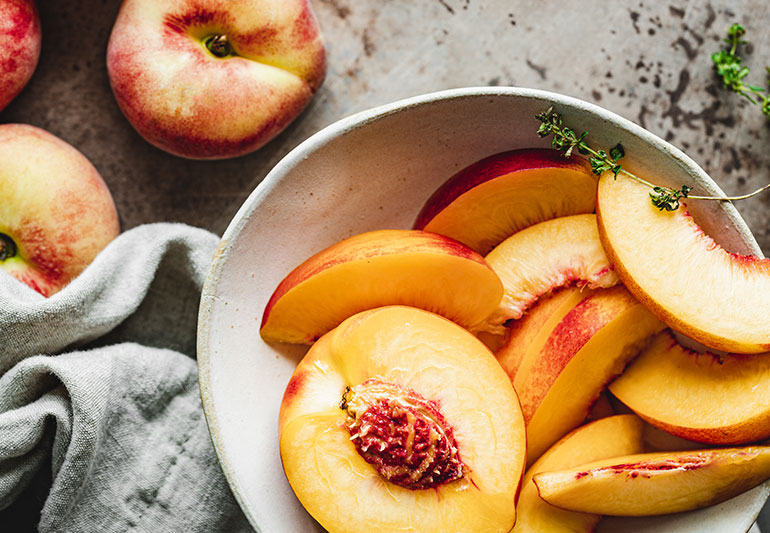
Peaches 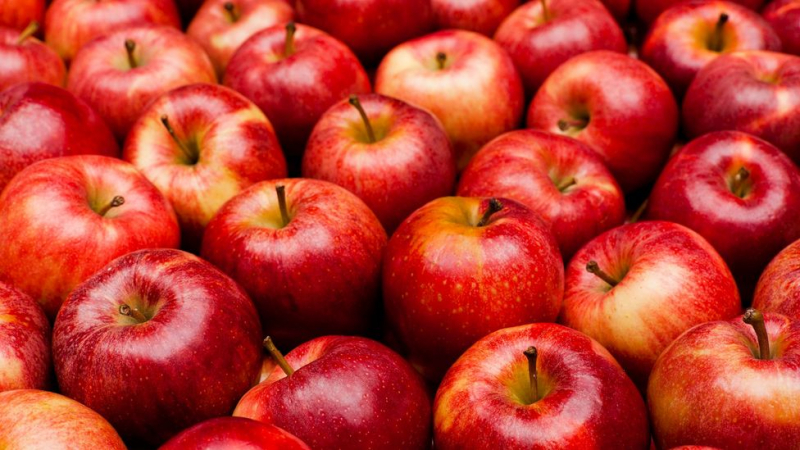
Apples -
Cauliflower, cabbage, and broccoli are examples of cruciferous vegetables that may help reduce your risk of breast cancer. Glucosinolate compounds are found in cruciferous vegetables, which your body may convert into isothiocyanate molecules. These have powerful anti-cancer properties. A study of 1,493 women found that eating more total cruciferous vegetables was linked to a lower risk of breast cancer.
After controlling for demographics, clinical characteristics, and lifestyle factors, the researchers discovered that eating cruciferous vegetables in the first 36 months after being diagnosed with breast cancer was linked to a lower risk of total mortality, breast cancer-specific mortality, and disease recurrence. Women's risk of death or cancer recurrence decreased when they consumed more of these veggies.
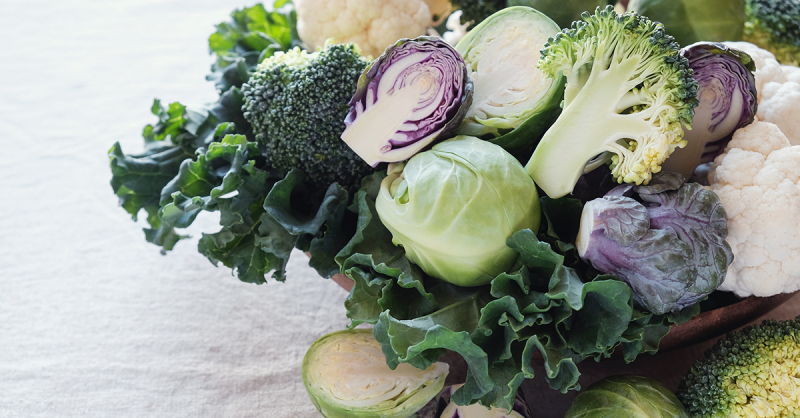
Cruciferous vegetables 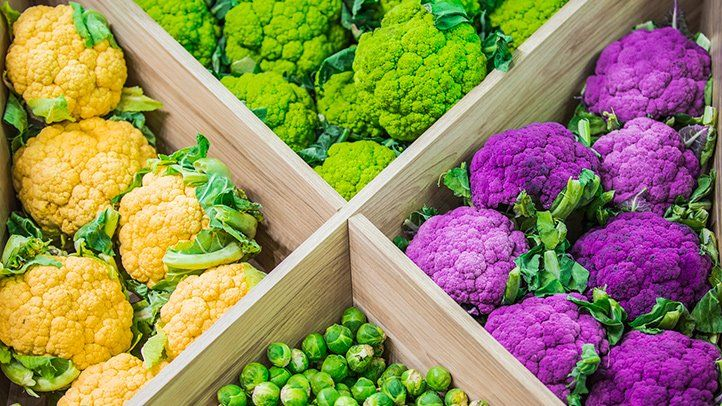
Cruciferous vegetables -
The California Cancer Prevention Institute released research in Cancer MedicineTrusted Source touting the benefits of beans in preventing cancer. Beans were shown to be more beneficial at preventing the disease than fruits and vegetables.
Fiber, vitamins, and minerals are abundant in beans. Their high fiber content, in particular, fiber is part of a healthy diet, and it turns out it could help prevent breast cancer. Researchers compared fiber consumption data from 2,135 women with breast cancer to data from 2,571 women without breast cancer in a study. The researchers discovered that those who consumed bean fiber, total beans, or total grains had a 25% lower risk of breast cancer. When comparing women with estrogen receptor- and progesterone receptor-negative breast cancer to those with receptor-positive breast cancer, they found a 28 to 36% decrease in women with higher bean intake.
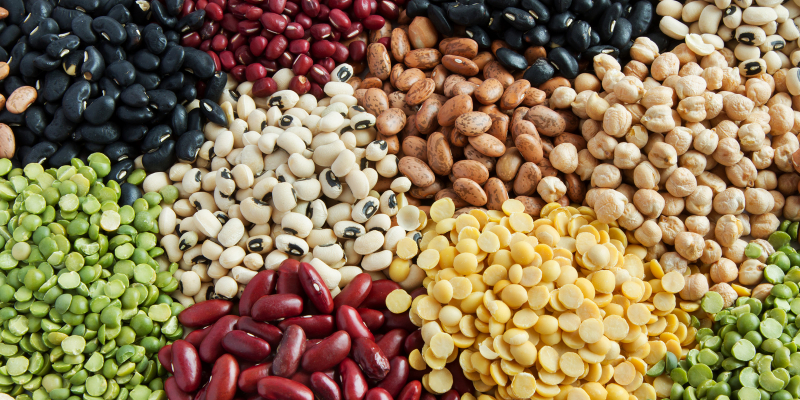
Beans 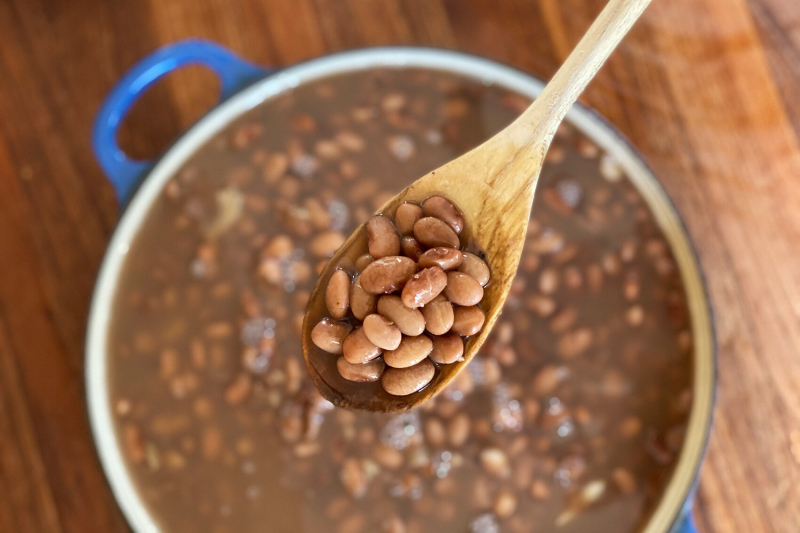
Beans -
Many herbs and spices have demonstrated positive health associations with cancer. Plant components found in herbs and spices such as parsley, rosemary, oregano, thyme, turmeric, curry, and ginger may help protect against breast cancer. Vitamins, fatty acids, and polyphenol antioxidants are among them.
Oregano, for example, contains the antioxidants carvacrol and rosmarinic acid, which have been shown in test-tube studies to have anticancer properties against aggressive breast cancer cell lines. Curcumin, the major active compound in turmeric, and apigenin, a flavonoid abundant in parsley, have both shown substantial anticancer properties. Many other herbs and spices have potent anti-cancer properties, so including a variety in your diet is a smart idea.
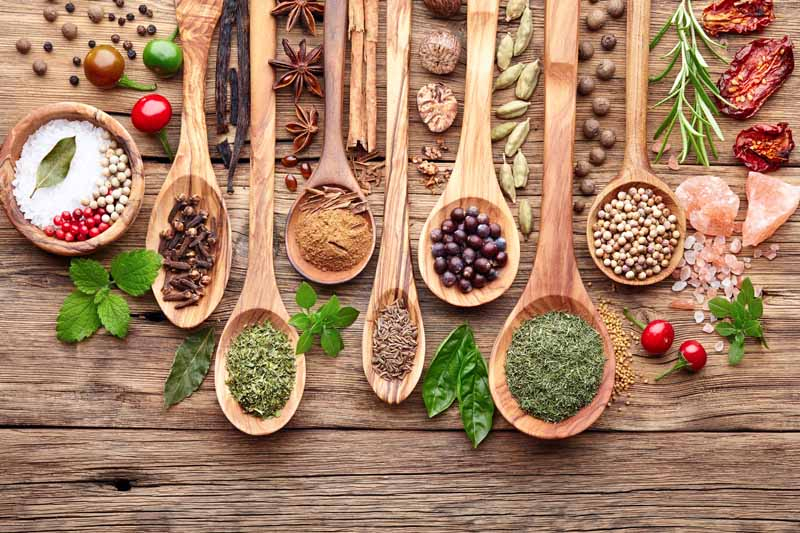
Herbs and spices 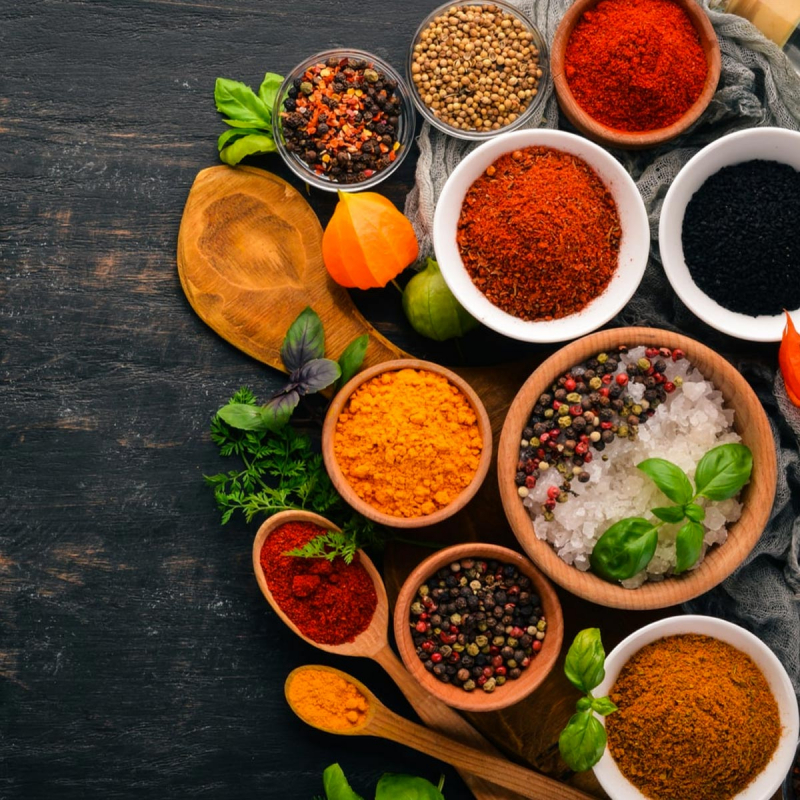
Herbs and spices












